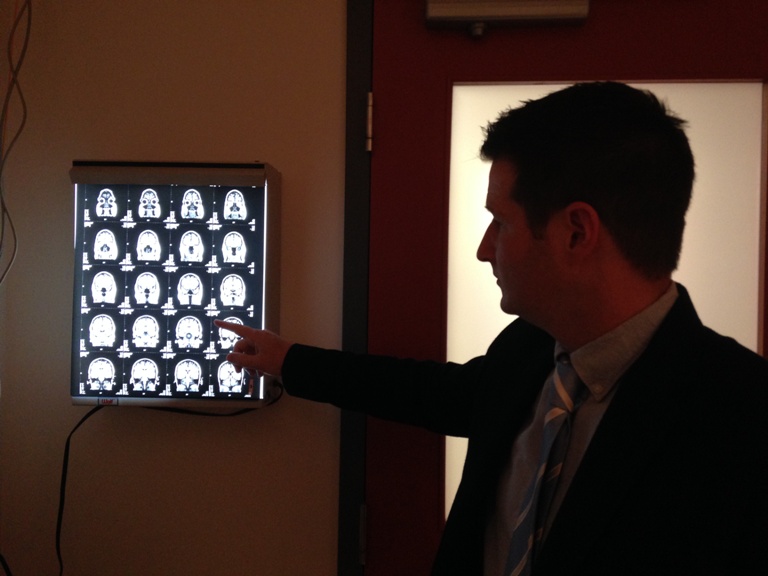They’re often depicted as dangerous, but British scientists say they hope to study whether LSD and other psychedelic drugs could be promising options to battle depression and addiction issues.

The problem is funding for such controversial research is hard to come by, according to the doctors. They’re turning to crowdfunding to raise money to carry out their studies into psychoactive drugs as potential drug therapy.
“These drugs offer the greatest opportunity we have in mental health. There’s little early on the horizon,” Dr. David Nutt, an Imperial College London professor, said at a briefing, according to British reports.
He called the tight restrictions on studying recreational drugs’ potential benefits “the worst censorship in the history of science.”
Nutt has an infamous past – British media report that he was the country’s former chief drugs advisor. Ultimately, he was fired from the posting in 2009 after suggesting that ecstasy and LSD were less harmful than alcohol.
In the past few years, he’s looked into creating a pill that erases the nasty side effects of a hangover.
READ MORE: Take a pill that helps you curb drinking? England is trying it out
In his latest frontier, Nutt had 20 healthy volunteers take a “moderate” dose of LSD – about 75 micrograms – so that scientists could study their brain activity with fMRI (functional magnetic resonance imaging) and Meg (magnetoencephalography).
The dosage had “quite profound effects” on brain activity, mood and mental state. The group of volunteers – 15 men and five women – didn’t encounter a “bad trip” but three dealt with anxiety and paranoia.
“I wouldn’t say that it’s a dangerous experiment but I would say that LSD has potential negative effects. It’s not uncommon for people to have anxiety during a psychedelic drug experience. The experience can be nightmarish at times,” Robin Carhart-Harris, also from Imperial College, conceded to British outlets.
But the experience had a silver lining, the researchers suspect: “What’s especially intriguing…is that people can have a very challenging experience yet afterwards they seem to be somehow psychologically refreshed by the experience. That’s how they describe it,” he explained to the Daily Mail.
READ MORE: A hit of LSD or a pill could cure alcoholism, European research claims
Right now, the team’s crowdfunding has already raised its goal of £25,000 before its deadline with the help of 691 backers.
“Understanding more about the physiological effects of LSD will help us shed light on potential medical interventions as well as help us learn more about consciousness,” the researchers write on their website.
“By researching how psychedelics work, we will be a step closer to understanding how specific areas of the brain are affected to induce certain psychological effects,” they explain.
They say they’ve already studied psilocybin – the key ingredient in magic mushrooms. They suggest that it plays a key role in an area of the brain that’s been implicated in cases of depression, obsessive compulsive disorder and Alzheimer’s.
READ MORE: Why you should care about changes to the DSM mental-health bible
“It is difficult to find funding for psychedelic research as the subject is surrounded by taboo, but we hope that there are many of you who will be excited to provide funding,” they say.
The medical community is getting creative in thinking of ways to treat mental health issues. Animal therapy – from spending time with horses and visits from dogs – is becoming increasingly common in treating PTSD.
Canadian researchers, along with their peers around the world, are evaluating the therapeutic benefits of medical marijuana for PTSD, anxiety and depression.
READ MORE: Marijuana and PTSD studied in Okanagan
New research this week even suggested that psychedelics, such as LSD and magic mushrooms, don’t increase risk of developing mental health issues. The findings, published in the journal Nature, warned that alcohol could be worse.
“Drug experts consistently rank LSD and psilocybin mushrooms as much less harmful to the individual user and to society compared to alcohol and other controlled substances,” the researchers said.
“Many people report deeply meaningful experiences and lasting beneficial effects from using psychedelics,” they said in a statement.
carmen.chai@globalnews.ca
Follow @Carmen_Chai




Comments